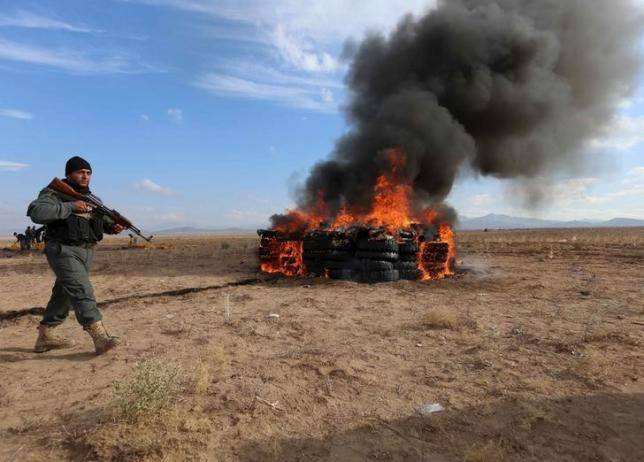KABUL: NATO partners are considering ways of beefing up their training and assistance mission in Afghanistan as concern grows over the ability of local forces to fight an escalating insurgency by Taliban militants, according to officials in Brussels and Kabul.
The Taliban's success in seizing the northern city of Kunduz in late September and holding it for several days caused shock among Afghanistan's international partners, who have invested billions of dollars trying to create a security force capable of standing on its own.
"The situation is sobering, it is not as stable as we hoped it would be," said General Hans-Lothar Domroese, a veteran of Afghanistan who is Germany's second-most senior general in the NATO alliance.
Speaking at the margins of a NATO exercise in Spain, he said weak government control in many areas and corruption were making the job of reinforcing security more difficult, but added: "If we don't stay, they will drift into a maelstrom, and there is a significant danger that they get torn away."
Ministers from NATO countries are due to meet in early December to decide on the future of Resolute Support, the non-combat NATO-led mission launched in January to train, advise and assist the Afghan government and security forces.
Formally the NATO-Afghan agreement is open-ended, but in practice its future depends on member countries' willingness to commit troops and resources. Officials describe a sense of fatigue and doubt about the strategy of the coalition of NATO partners and allies following Washington's announcement it would extend troop levels through most of 2016 due to worsening security.
"Nobody is pleased with the progress," said one NATO diplomat in Brussels, who spoke on condition of anonymity. "The alliance's forces can't keep helping forever ... Right now we are helping them more than we'd like."






